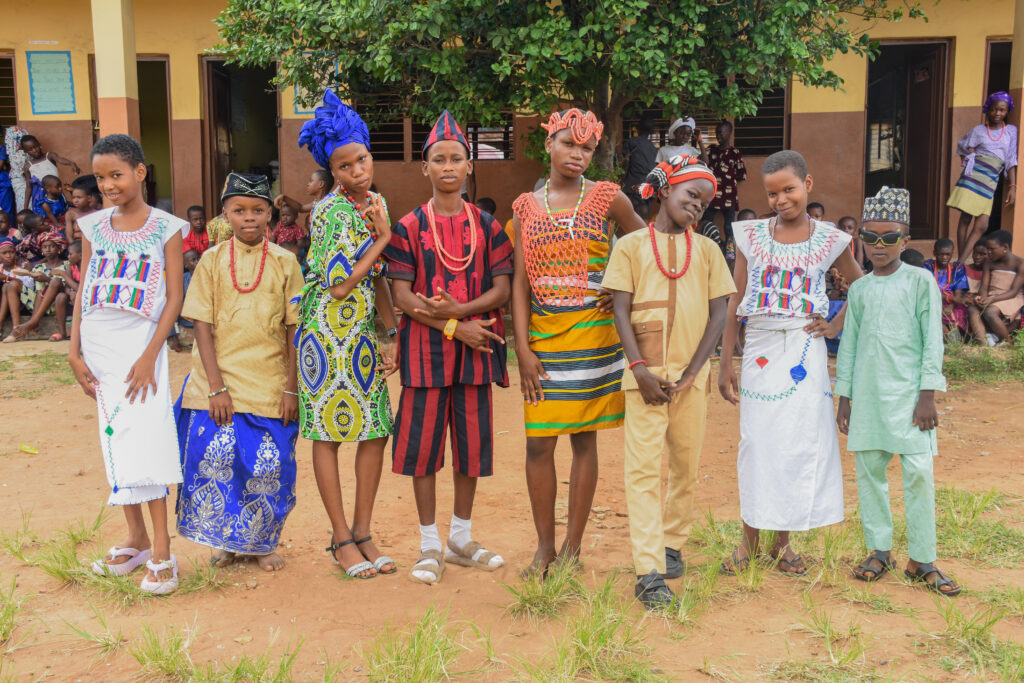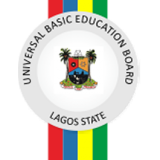
As we commemorate the Day of the African Child 2024, we reflect on the strides made in improving the educational landscape for children across Africa. This year’s theme, “Education for All Children in Africa: The Time is Now,” resonates deeply with the mission and achievements of EKOEXCEL, an educational reform initiative that has significantly transformed public primary education in Lagos State. Over the past five years, EKOEXCEL has played a pivotal role in reducing learning poverty and providing hope to thousands of pupils, one child at a time.
Launched in 2019 by Governor Babajide Sanwo-Olu under his THEMES agenda, EKOEXCEL (Excellence in Child Education and Learning) is an innovative program aimed at improving the quality of education in Lagos State public primary schools. Governor Sanwo-Olu’s campaign promise to improve education has been actualized through interventions like EKOEXCEL, which leverages technology and data-driven strategies to enhance teaching methodologies, monitor learning outcomes, and ensure accountability. By providing comprehensive training for teachers and deploying modern teaching aids, EKOEXCEL has created an environment where pupils can thrive academically.
Learning poverty, defined as the inability of a child to read and understand a simple text by age 10, has been a critical issue in many low-income communities. EKOEXCEL’s intervention has dramatically reduced learning poverty in Lagos. Through its robust curriculum and effective teacher training programs, the initiative has ensured that pupils from low-income families are now performing at levels comparable to those from upper-middle-income backgrounds.
Since its inception, EKOEXCEL has focused on foundational literacy and numeracy skills. By 2023, assessments showed that pupils under the program had significantly higher reading and math proficiency rates compared to their peers in non-EKOEXCEL schools.
EKOEXCEL has trained over 13,000 teachers, equipping them with modern pedagogical skills and digital tools. This professional development has not only improved classroom instruction but has also boosted teacher morale and engagement.
The program’s use of tablets and real-time data collection has revolutionised the way lessons are delivered and monitored. Teachers can tailor their instruction to meet the individual needs of their pupils, ensuring that no child is left behind.
EKOEXCEL has fostered strong partnerships with parents and communities, emphasising the importance of education and creating a supportive learning environment both at school and at home.
The initiative has also focused on improving school infrastructure, ensuring that classrooms are conducive to learning. Investments in facilities, including clean water and sanitation, have contributed to better health and attendance rates among pupils.
Pupils from Lagos State public primary schools have consistently made the top 5 overall national best results in the National Common Entrance Examinations (NCEE) since the introduction of EKOEXCEL. This trend is expected to continue in the just-concluded 2024 NCEE, with a record number of pupils registered for this year’s examinations.
The Day of the African Child (DAC) was established in 1991 by the African Union (AU) in memory of the 1976 Soweto Uprising, where thousands of black school children took to the streets to protest the inferior quality of their education and to demand their right to be taught in their own language. The march ended tragically with hundreds of young students being shot, and in the two weeks of protest that followed, more than a hundred people were killed and more than a thousand were injured. The DAC serves as an opportunity to focus on the work of all actors committed to the rights of children on the continent and to consolidate efforts to address the obstacles for realizing these rights.
The objectives of the DAC include increasing awareness of the continuing need for improvement of the education provided to African children, drawing attention to the harmful effects of violence and exploitation, and promoting the importance of children’s rights and welfare.
The African Committee of Experts on the Rights and Welfare of the Child (ACERWC) oversees the implementation of the African Charter on the Rights and Welfare of the Child, ensuring that children’s rights are respected, protected, and fulfilled. The mission of the ACERWC includes promoting the protection of children’s rights, enhancing the capacity of member states to fulfill their obligations under the Charter, and ensuring that children’s voices are heard in matters affecting them.
EKOEXCEL meets most of these objectives, proving that the programme is truly effective and should be replicated across Africa. By focusing on improving the quality of education, reducing learning poverty, and fostering a supportive learning environment, EKOEXCEL has provided hope and opportunities for thousands of children in Lagos State. The initiative’s success in enhancing educational outcomes and ensuring that pupils from low-income families perform at levels comparable to their peers from upper-middle-income backgrounds is a testament to its effectiveness.
EKOEXCEL’s impact extends beyond academic performance. The initiative has instilled a sense of hope and possibility among pupils in Lagos State public primary schools. Children who once faced bleak futures due to educational deficiencies are now aspiring to greater heights, equipped with the skills and knowledge to pursue their dreams.
As we celebrate the Day of the African Child, it is essential to sustain and build upon the successes of programs like EKOEXCEL. Continued investment in education, especially for marginalized and low-income communities, is crucial for breaking the cycle of poverty and ensuring that every child has the opportunity to succeed.
EKOEXCEL’s journey over the past five years is a testament to what can be achieved with visionary leadership, innovative approaches, and a commitment to excellence in education. As we honor the resilience and potential of African children today, let us also reaffirm our commitment to providing them with the quality education they deserve. The time for education for all children in Africa is indeed now.
This article appeared originally on Independent, 26 June , 2024


